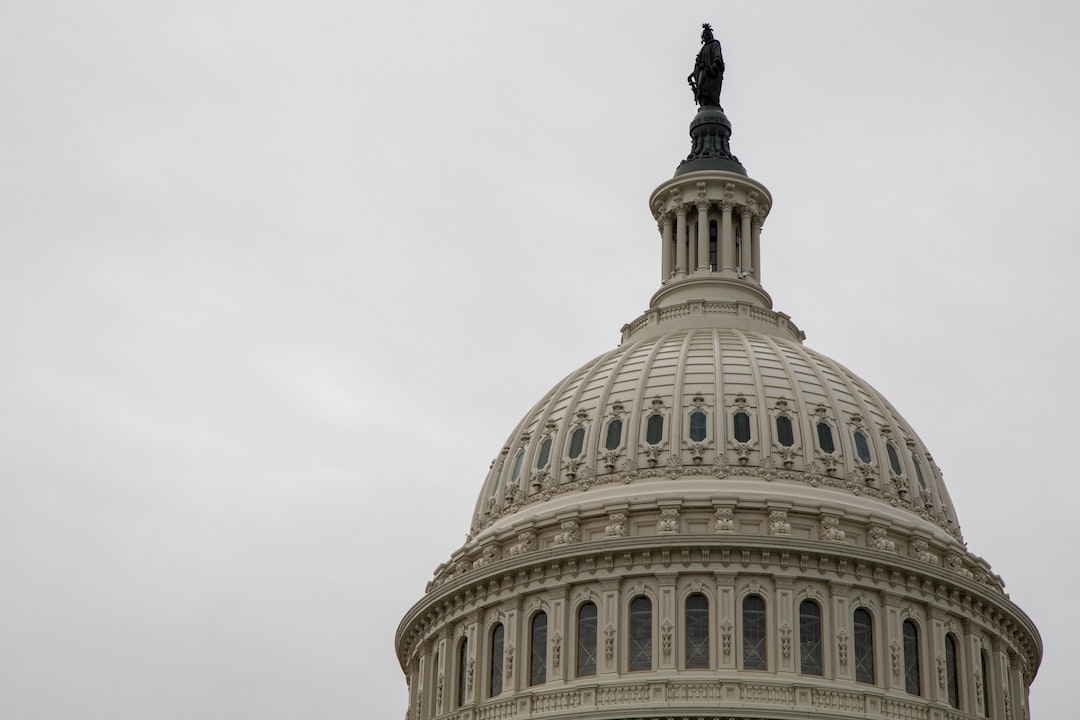The Legal Implications of Privacy Policies in the Digital Age
In today’s rapidly evolving digital landscape, privacy has become a key concern for individuals and organizations alike. With the exponential increase in data collection and usage, it has become essential for companies to establish privacy policies to protect their users and customers. This blog post will delve into the legal implications of privacy policies in the digital age.
Privacy policies are documents that outline how an organization collects, uses, shares, and protects the personal information of its users. They inform individuals about their rights and provide transparency regarding data practices. However, privacy policies are not just a statement of good intentions; they also have legal implications.
Firstly, privacy policies serve as a contractual agreement between organizations and their users. By using a product or service, individuals are entering into a contractual relationship with the organization behind it. Privacy policies outline the terms and conditions of this contract, stating how the organization will handle personal information. If a company fails to fulfill its privacy policy obligations, it may be held liable for breach of contract. This contractual aspect ensures that individuals can hold organizations accountable for the misuse or mishandling of their personal information.
Secondly, privacy policies are influenced by a wide range of legal frameworks and regulations. Various jurisdictions have enacted laws to protect the privacy and data security of their citizens, such as the European Union’s General Data Protection Regulation (GDPR) and California’s Consumer Privacy Act (CCPA). These regulations impose specific requirements on organizations, such as obtaining user consent for data collection, providing access to collected data, and implementing measures to protect personal information. Failure to comply with these legal obligations can result in severe consequences, including hefty fines and reputational damage.
Moreover, privacy policies are also subject to scrutiny by regulatory bodies, such as data protection authorities. These authorities have the power to investigate organizations’ data handling practices and ensure compliance with privacy regulations. If an organization is found to be in violation of privacy laws, it may face enforcement actions, which can range from issuing warnings and imposing fines to even shutting down operations. Therefore, organizations must ensure that their privacy policies align with applicable legal requirements to avoid legal ramifications.
Furthermore, privacy policies play a crucial role in establishing trust between organizations and their users. In today’s digital age, where data breaches and privacy scandals dominate headlines, consumers demand transparency and control over their personal information. By clearly and honestly communicating their data practices through privacy policies, organizations can build trust with their users and mitigate concerns about data misuse. A robust and comprehensive privacy policy can reassure individuals that their personal information is being handled responsibly, thereby enhancing their willingness to engage with an organization’s products or services.
Importantly, privacy policies can also impact an organization’s reputation and brand image. In the age of social media and online reviews, news of privacy breaches and inadequate data protection spreads rapidly, leading to significant damage to an organization’s reputation. Conversely, organizations that prioritize privacy and have clear, user-friendly privacy policies can differentiate themselves as trustworthy and ethical stewards of personal information. This positive reputation can drive customer loyalty and attract privacy-conscious individuals who value their privacy and data protection.
In conclusion, privacy policies in the digital age carry significant legal implications for organizations. They act as contractual agreements, subject to legal enforcement if breached. They must comply with relevant regulations, or organizations risk facing severe penalties. Privacy policies also play a pivotal role in building trust with users, maintaining reputation, and attracting privacy-conscious individuals. Given the increasing scrutiny and awareness surrounding privacy, organizations must prioritize the creation of robust privacy policies to protect themselves legally and foster trust among their user base.

